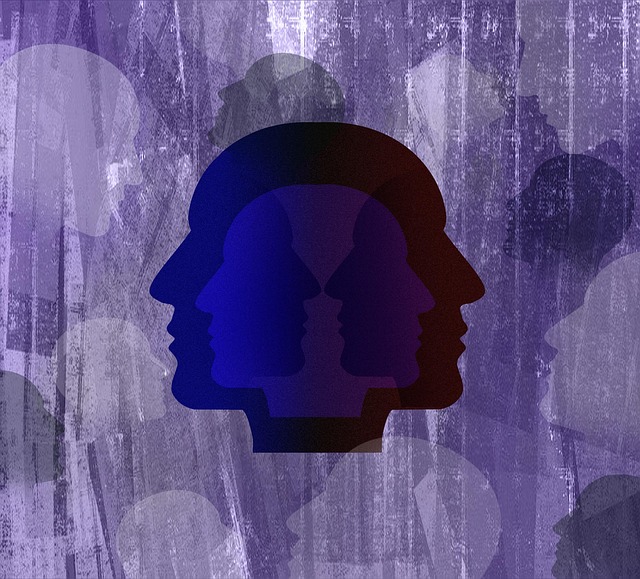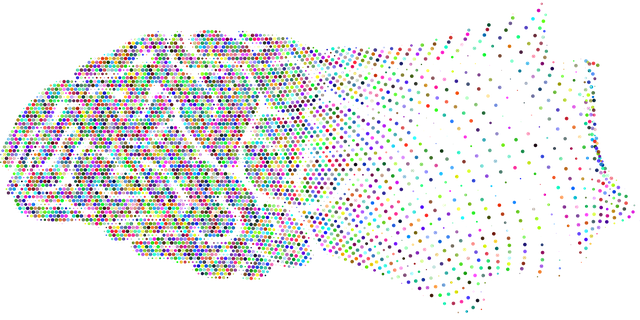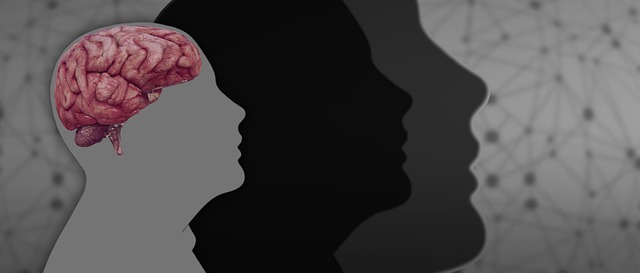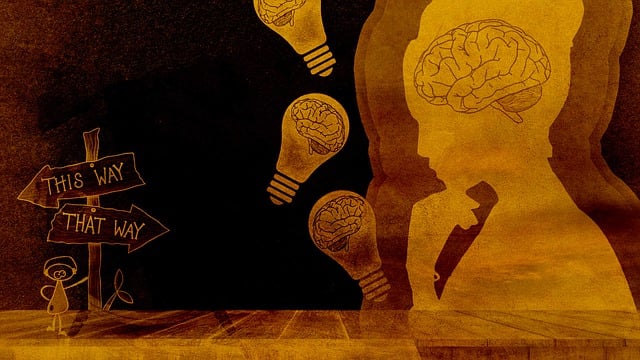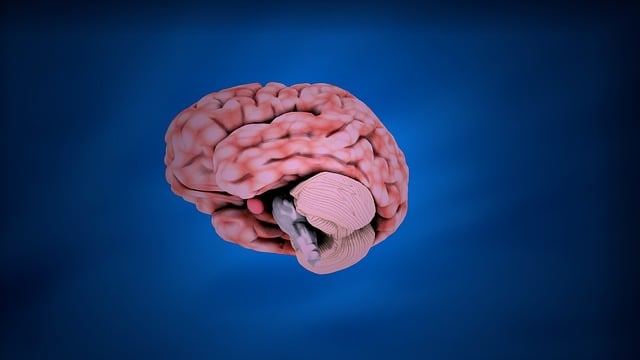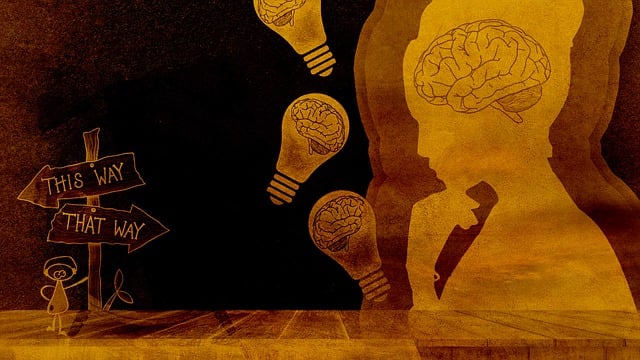Post-Traumatic Stress Disorder (PTSD) impacts children's mental health, with unique responses due to developing brains. Effective therapy involves evidence-based practices like CBT and EMDR, tailored to their developmental stage. Digital era technology offers online therapy platforms for PTSD, providing accessible tools for emotional processing and coping strategies. An optimal app should include interactive games, art/writing outlets, progress tracking, personalized coping, self-care exercises, expert forums, destigmatization campaigns, and iterative development based on research and user needs. Aiming to integrate compassion cultivation practices while maintaining privacy, these apps can drive public awareness and become educational tools for therapy in schools via future AI updates.
Mental wellness apps have emerged as powerful tools in addressing children’s mental health, particularly post-traumatic stress disorder (PTSD). This article explores the impact of digital therapy on young minds and provides insights into developing effective apps. We delve into understanding PTSD in children, highlighting its prevalence and unique challenges. The role of technology in therapy is examined, showcasing how apps can provide accessible and engaging support. Key features and development processes are discussed, along with ethical considerations, offering a comprehensive guide for creating innovative solutions to enhance mental wellness in kids affected by PTSD.
- Understanding Post-Traumatic Stress Disorder in Children
- The Role of Digital Therapy in Child Mental Health
- Key Features and Components for an Effective App
- Development Process, Ethical Considerations, and Future Prospects
Understanding Post-Traumatic Stress Disorder in Children

Post-Traumatic Stress Disorder (PTSD) is a serious mental health condition that can affect children and adolescents who have experienced or witnessed traumatic events. It’s crucial to recognize the unique challenges faced by young individuals in dealing with trauma, as their brains are still developing. Children may exhibit symptoms such as flashbacks, nightmares, intense emotional reactions, avoidance behaviors, and difficulties in concentration and memory.
Understanding PTSD in children involves recognizing the complex interplay of factors, including their age, coping mechanisms, and the nature of the traumatic event. Effective therapy for children with PTSD often involves evidence-based practices tailored to their developmental stage. Techniques like cognitive behavioral therapy (CBT), eye movement desensitization and reprocessing (EMDR), and mindfulness meditation have proven beneficial in promoting emotional well-being and facilitating emotional healing processes. These approaches help children process traumatic memories, manage intense emotions, and develop healthy coping strategies for long-term mental wellness.
The Role of Digital Therapy in Child Mental Health

In today’s digital era, the role of technology in child mental health support has become increasingly significant. Digital therapy platforms offer a promising approach to addressing various mental wellness issues among youth. One of the key areas where online interventions are making a substantial impact is in the treatment of Post-Traumatic Stress Disorder (PTSD). By providing accessible and interactive tools, these apps facilitate therapy for children who have experienced traumatic events, helping them process their emotions, develop coping strategies, and build mental resilience.
The benefits extend beyond PTSD management. Confidence-boosting exercises and activities within these apps can empower children to navigate social interactions with greater ease. Moreover, the consistent availability of mental health resources through digital platforms encourages ongoing mental health awareness and promotes the development of essential life skills, fostering overall well-being and resilience in young users.
Key Features and Components for an Effective App

An effective mental wellness app for children addressing Post-Traumatic Stress Disorder (PTSD) should incorporate several key features. Firstly, interactive therapy sessions tailored to younger users can include games and storytelling techniques to make the healing process engaging. Secondly, a platform that allows children to express their feelings through creative means such as art or writing can be immensely therapeutic. Features enabling regular check-ins with progress tracking, along with personalized coping strategies, ensure continuous support.
Additionally, integrating tools for self-care practices and burnout prevention is vital. This could involve guided meditation sessions, mindfulness exercises, and stress management techniques designed specifically to cater to the needs of children. The app should also facilitate communication between users and mental health professionals, fostering a sense of community and access to expert advice. Public awareness campaigns through such apps can significantly contribute to destigmatizing mental health issues among children.
Development Process, Ethical Considerations, and Future Prospects

The development process for a mental wellness app aimed at children with Post-Traumatic Stress Disorder (PTSD) involves several key stages. Initially, extensive research is conducted to understand the specific needs and challenges faced by this demographic in relation to PTSD. This includes consulting with child psychologists, therapists, and educators to design evidence-based interventions, ensuring that the app aligns with recognized therapeutic practices such as Compassion Cultivation Practices. User experience (UX) designers play a pivotal role in crafting an intuitive, engaging interface tailored for younger users while incorporating features that promote self-care and stress management.
Ethical considerations are paramount throughout the development cycle. Privacy and data security are paramount; all personal information must be handled with stringent safeguards to protect young users. Furthermore, the app’s content should be culturally sensitive, avoiding stereotypes or potentially triggering material. As the app gains traction, Public Awareness Campaigns Development can play a crucial role in educating parents, educators, and caregivers about its benefits, fostering wider acceptance and integration into established Mental Health Education Programs Design. Future prospects include integrating artificial intelligence to personalize therapy and expanding features to cater to diverse mental health needs among children.
Mental wellness apps have the potential to revolutionize therapy for children suffering from post-traumatic stress disorder (PTSD), offering accessible and engaging digital solutions. By incorporating evidence-based practices tailored to young users, these applications can significantly enhance mental health support. The development process involves careful consideration of key features, ethical guidelines, and user feedback, ensuring effective tools that foster resilience and well-being. As technology advances, continued research and innovation in this field will further improve digital therapy options for children’s PTSD, opening up new prospects for a brighter, healthier future.

